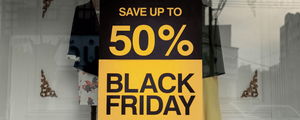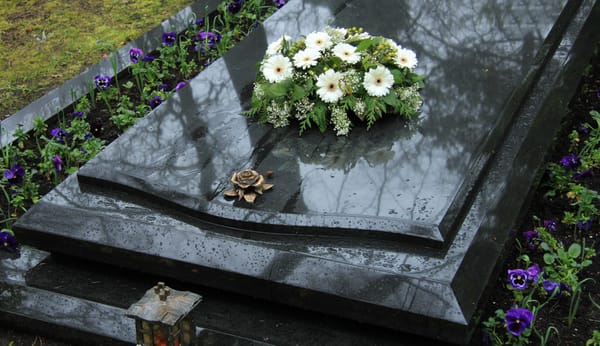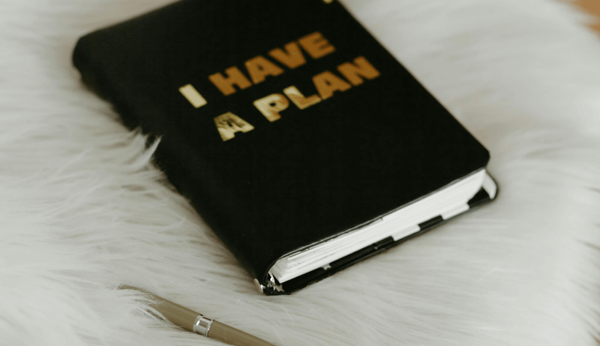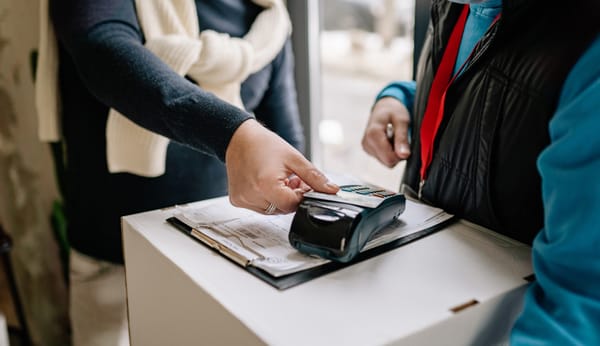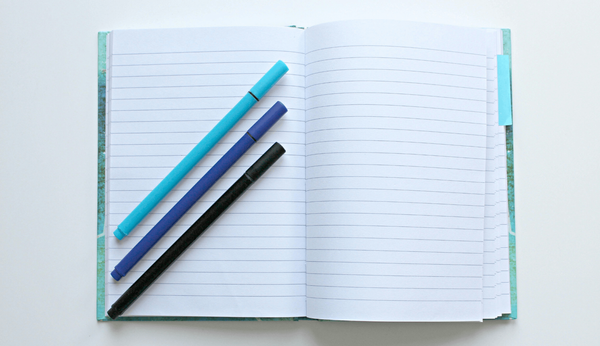My partner and I had been living happily in our pet-friendly rental for the last four years when the bombshell dropped: our landlords were selling our ‘home’ and giving us our 3-month notice.
Other than the obvious discomfort of having to pack up all our belongings and animals to move somewhere else, this situation also posed a difficult question: should we continue renting, or look to buy a home?
Always ready to use this as an opportunity for some content for Francly Speaking, I sat down with our COO, Seb Patel – who bought his current home 18 years ago – to chat about the pros and cons of renting versus buying, unpack the costs you’ll have for both options, and finally, to drill down on the 3 questions you should ask yourself before you make the decision.
The pros and cons of renting
Different situations have different advantages and disadvantages, but here are a few pros and cons that are common for most renting setups:
The pros and cons of buying
In contrast, let’s look at the pros and cons of buying:
3 Questions to ask yourself before buying a property
Is there a right or wrong answer to the question: should you buy or rent? In short: no. Each person’s situation is different, which means this decision looks different for everyone, too.
As you probably gathered from the pros and cons, it’s dependent on your financial situation, where you live (and where you want to live in the future), and what your priorities are.
While the ‘right’ decision might not look the same for every person, we agreed on these 3 questions for you to answer for yourself that might help you reach the right conclusion:
Question 1: How long do you plan to be where you are now?
Buying a house is a longer-term decision – you should probably hold that investment for a minimum 5 year period (but really 8+ years) to make up for your transaction costs and see a return when you sell it again. Compare that time commitment to your future life plans:
- Will your work move you somewhere else?
- Do you know the area well and enjoy the lifestyle?
- Do you plan to grow your family and need more space?
Question 2: What’s your financial situation?
Buying a house is a big financial commitment. If you default on your monthly repayments, it can have serious repercussions on your credit score and might end up with the bank reclaiming your house. In contrast, if you can’t afford your rent, you can just hand in your notice.
Buying property requires not only upfront capital but also ongoing income that can buffer you from interest hikes, household emergencies, and the regular mortgage repayments. Here are 3 sub-questions you need to be able to answer before you go into a house purchase:
- Are you pretty certain your income will remain consistent?
- Have you factored in a buffer for fluctuations in monthly repayments?
- Do you have an emergency fund saved?
Question 3: What’s the housing market like where you’re looking?
People often believe that property is a good investment, end of story. There’s an assumption that the value of the property is guaranteed to go up over time (or was that just me?). That’s not always true. Property is a game of supply and demand, and if your house is not in demand – because the area has deteriorated, for example, or there are more sellers than buyers – you’re going to struggle to get the price you want.
Consider whether you’re going to see a good return on a property investment: do you see the area improving and your property increasing in value? Does it have the features a future buyer might want, like a parking? You can never account for unforeseen events (like a pandemic) but there are some general factors you can make a good prediction on.
Whatever your situation, we hope this comparison of the pros, cons and costs will help you to come to your decision. Good luck!



